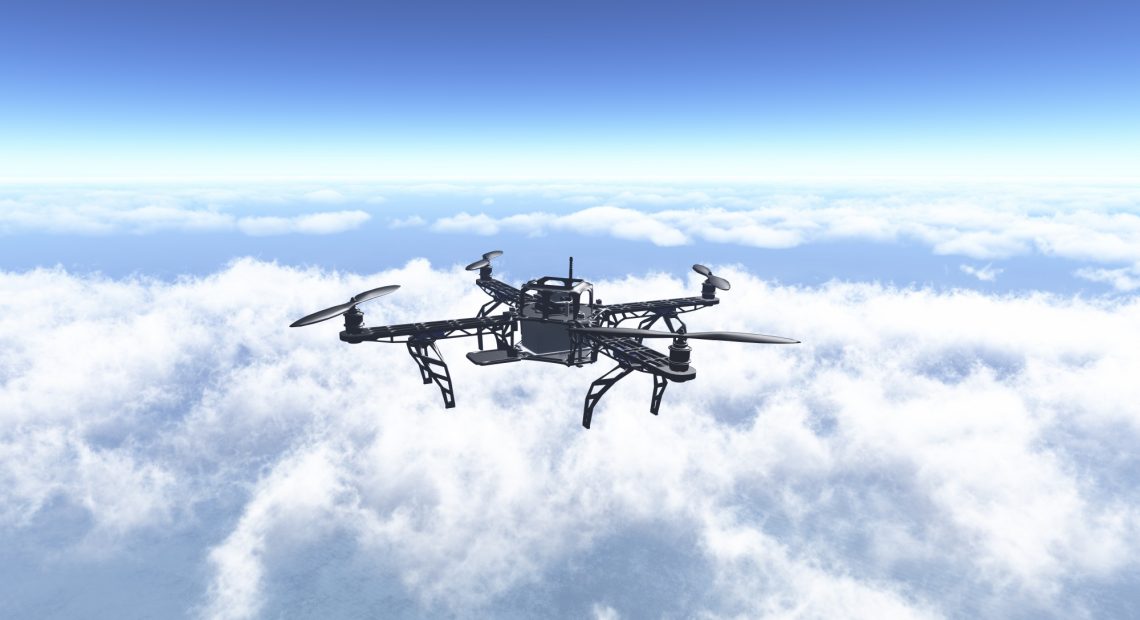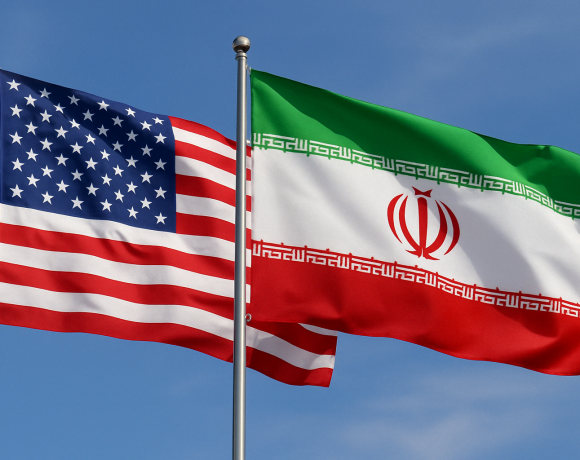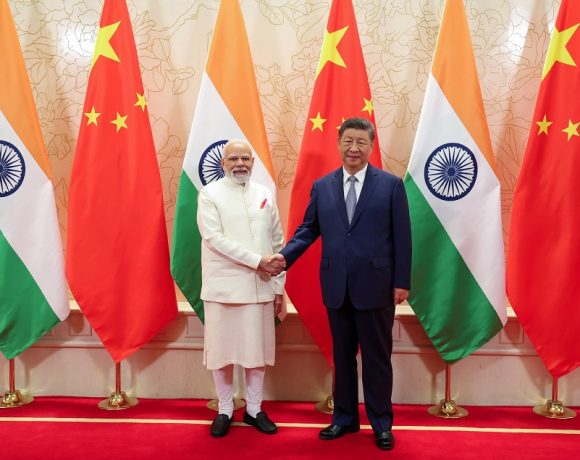
Bolton Flags Turkey-Pakistan Drone Alliance as Security Concern
Former U.S. National Security Advisor John Bolton has raised red flags over Turkey’s growing military collaboration with Pakistan, particularly in the domain of drone warfare. Speaking to Business Today, Bolton noted that although Turkish drones like the Bayraktar TB2 are “not the most sophisticated,” their deployment in Pakistan’s recent conflict with India is a matter of serious concern.
According to Indian defense reports during Operation Sindoor, Pakistan launched around 800 to 1,000 drones in just four days. Many of these UAVs were reportedly coordinated with the help of Turkish military advisors. India’s defense systems successfully intercepted the majority, but intelligence sources confirmed the presence of Turkish personnel operating alongside Pakistani forces. Two Turkish nationals were reportedly killed during these operations.
Platforms such as the Bayraktar TB2 and the vertical take-off YIHA drones were key components of the drone offensive. While Turkey’s involvement was not officially acknowledged by Ankara, the use of its drone systems by Pakistan was unmistakable on the battlefield.
Erdogan’s Strategic Ambitions
John Bolton described Turkish President Recep Tayyip Erdogan’s foreign policy as driven by “neo-autonomous ambitions,” which he believes are part of Ankara’s broader vision to exert influence far beyond its borders. Erdogan’s overt support to Pakistan, especially in defense cooperation, has added a new layer of complexity to the security calculus in South Asia.
The Turkey-Pakistan military relationship has deepened significantly in the last decade. Over 1,500 Pakistani military officers have undergone training in Turkish academies. In addition, the two countries have co-developed military assets and conducted joint exercises that point toward long-term strategic alignment. Bolton warned that these actions are not mere optics but part of Erdogan’s deliberate attempt to challenge existing power dynamics, including in the Indian subcontinent.
Implications for Regional Security
Bolton also spoke in support of India’s military actions in response to the Pahalgam terror attack, calling them a “legitimate act of self-defense.” He argued that the scope and intensity of India’s retaliation under Operation Sindoor far surpassed previous instances such as the 2019 Balakot strikes. He also drew attention to the presence of Chinese defense systems and operators on the Pakistani side, describing the conflict as a dangerous convergence of multiple adversarial powers.
The emergence of a Pakistan-Turkey-China triangle presents a complex threat to regional balance. With Turkey supplying advanced drones, China providing surveillance and missile technology, and Pakistan becoming a frontline deployment state, India faces a multidirectional security dilemma.
Bolton’s remarks serve as a stark reminder to global and regional powers that South Asia is witnessing an evolution in alliance structures and battlefield tactics. As asymmetric warfare tools like drones become more accessible, the need for proactive monitoring, diplomacy, and defense preparedness becomes more urgent than ever.


















